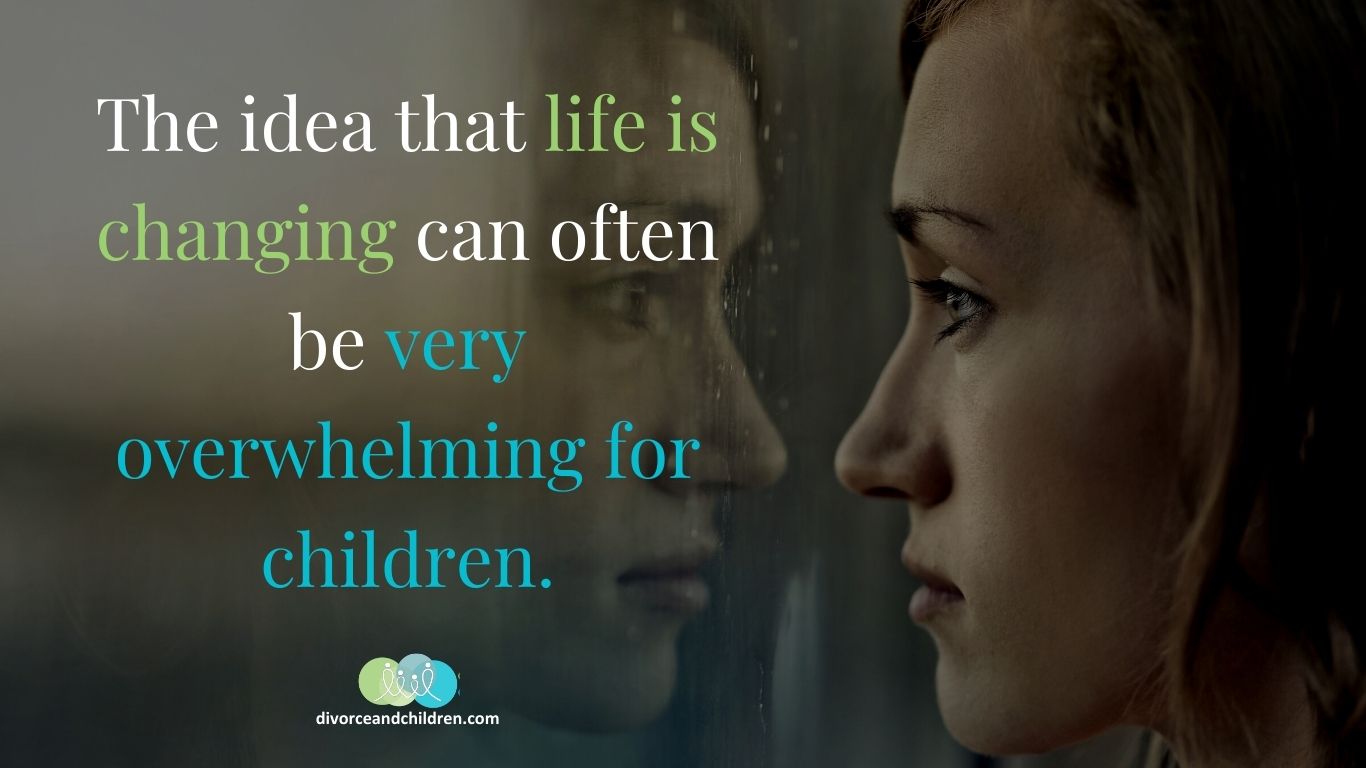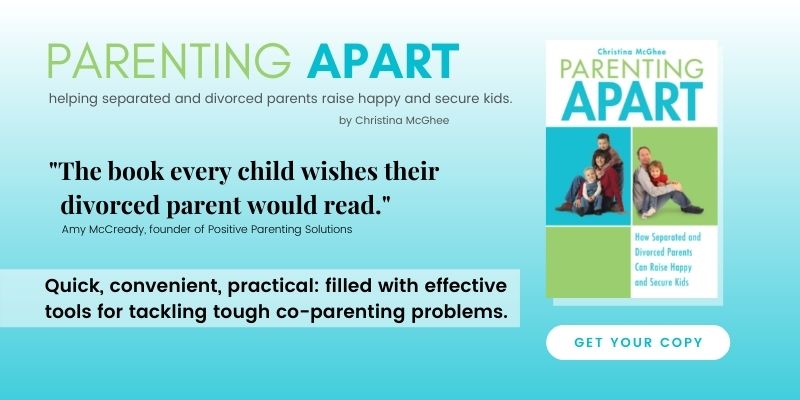Denial

The idea that life is changing can often be very overwhelming for children. Because of this, they may be reluctant to acknowledge the divorce or separation as real.
Parents usually go through a similar process by distancing themselves from or denying the reality of the situation. For some parents, this stage can also manifest itself as shock or disbelief.
During this stage, you may:
- Choose not to participate in the process.
- Actively sabotage your partner’s attempts to file for divorce or leave the family home.
- Postpone telling family or friends that things are changing
- Continue life as if nothing has changed
- Tell yourself “This is just a phase.”
- Engage in distractions to avoid dealing with the reality of the separation by working extra hours or keeping yourself busy
- Minimize the impact by telling yourself “Things are fine.”
- Emotionally distance yourself from your feelings by engaging in self-destructive behaviors such as using alcohol, food, gambling or overspending.
- Delay telling children or make up excuses for a parent’s absence or change of residence.
When children are having difficulty accepting the reality of divorce or separation they may:
- Change the subject when you talk about it.
- Choose not to tell others such as friends, teachers or other family members.
- Make up excuses for the change in family.
- Talk about the family as if nothing has changed.
- Try to plan events that involve both parents being together.
- Resist spending time in the other home with their other parent because it makes the situation more real for them.
How can you help yourself ?
In the early stages, keep life predictable and consistent for you and your children. Avoid making significant changes and maintain regular routines/normal activities as much as possible. Make sure you and your children are getting plenty of rest, eating regularly, exercising and have access to supportive people.
How can you help your children?
Remember, just because your ex wasn’t a good partner doesn’t mean they aren’t a good parent. Regardless of how you feel about each other, it is very important that regular contact with both parents be supported and maintained. Children need the security of knowing that while you may be divorcing each other, you are not divorcing them.
**For more practical tips and success strategies, check out PARENTING APART, the book. Providing separated and divorced parents the tools they need to raise HAPPY and SECURE kids. As a subscriber, feel free to preview a complimentary sample chapter of PARENTING APART or take a look the table of contents to see what it has to offer.





